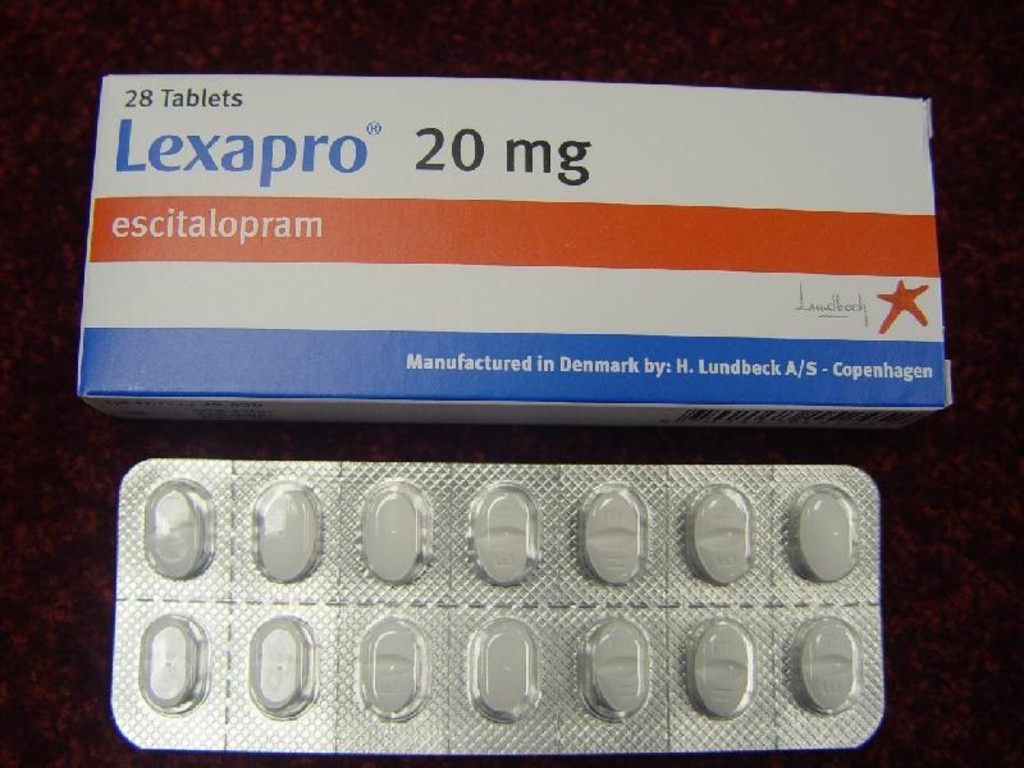Doom scrolling really does make you more depressed, study finds
Research suggests that people with poorer mental health are more likely to read negative content when browsing, which in turns makes them feel worse.

Many of us are familiar with the experience of compulsively reading negative content on the internet, despite finding we feel worse at the end.
Now a study has found that this could be a manifestation of a feedback loop that damages our mental health, as emotions and reading habits reinforce each other in a destructive spiral.
The research showed that people who are suffering worse mental health are more likely to read negative content when browsing. By deliberately tweaking what people read, the scientists also showed that negative content, in turn, made people feel worse.
Tali Sharot, professor of cognitive neuroscience at University College London, said the findings contributed to a long-running debate. “Lots of people are saying that there is a correlation between poor mental health and internet use,” she said. In particular, critics point to a decline in mental health linked to the rise of smartphones.
In contrast, though, other research has found some positive effects. This week, a study found that over 50s who logged on more often were happier.
However, it is difficult to determine whether this is causal, and the extent to which it depends on the individual: how the internet is used and by whom. But, said Sharot, teasing apart these answers is crucial.
“This is super important. We spend many hours online, and as humans, we only just started doing so in the last few years. Is it causing problems?”
Her findings, published in the journal Nature Human Behaviour, suggest that sometimes it might. The work involved more than 1000 people, across a series of experiments. In the first, people underwent a series of psychological tests and were then told to browse the internet normally for about half an hour, then provide their browsing history.
Using an automated analysis of the language in the websites they viewed, the researchers determined that those with poorer mental health looked at more negative pages. But was it cause or effect? Did people in a worse mood look at more negative pages, or might the cumulative effect of browsing negative pages make people worse off mentally?
The next experiments suggested that it was both. Sharot and her colleagues manipulated the websites people read, giving some more negative pages. They found that those people felt worse as a result – and then went on to seek out more negative content.
One issue with the study is it could not assess social media use, as the browsing history on password-protected websites was not available. Sharot said in future they hope to find a way around that.
Pete Etchells, professor of psychology and science communication at Bath Spa University, who was not involved in the research, said it was the sort of work required to ensure a more sophisticated debate about internet use.
“Researchers have been saying for ages that we need to move beyond uninformative measures of screen time and think about how digital tech use and mood (among other things) in more nuanced ways.
“This study is a good proof of concept of that idea, showing what many researchers have argued for a while, which is a more reciprocal and intertwined relationship between our online and offline worlds … Rather than asking ‘do screens cause poorer mental health?’ the better question is ‘why do some people thrive online, and others struggle?’”
Sharot said one concerning finding was that while the evidence for the doom loop was strong, they found only weak evidence for the reverse – that positive content made us happy and made us in turn seek out happier content.
But, she said, the work also implied that this is something we can have conscious control over. She and her colleagues have made an app called Digital Diet
that can work with browsers, to tell people if websites contain negative or positive content.
“Our idea is we need to have more awareness about what we are consuming before we consume. It is analogous to the supermarket. If you buy a chocolate bar, it tells you on the label how much sugar, fat and salt it has. Then you can make a decision. And the decision is different based on your goals – if you are running a marathon you want high calories. If you are concerned about your weight, you don’t.”
The Times





